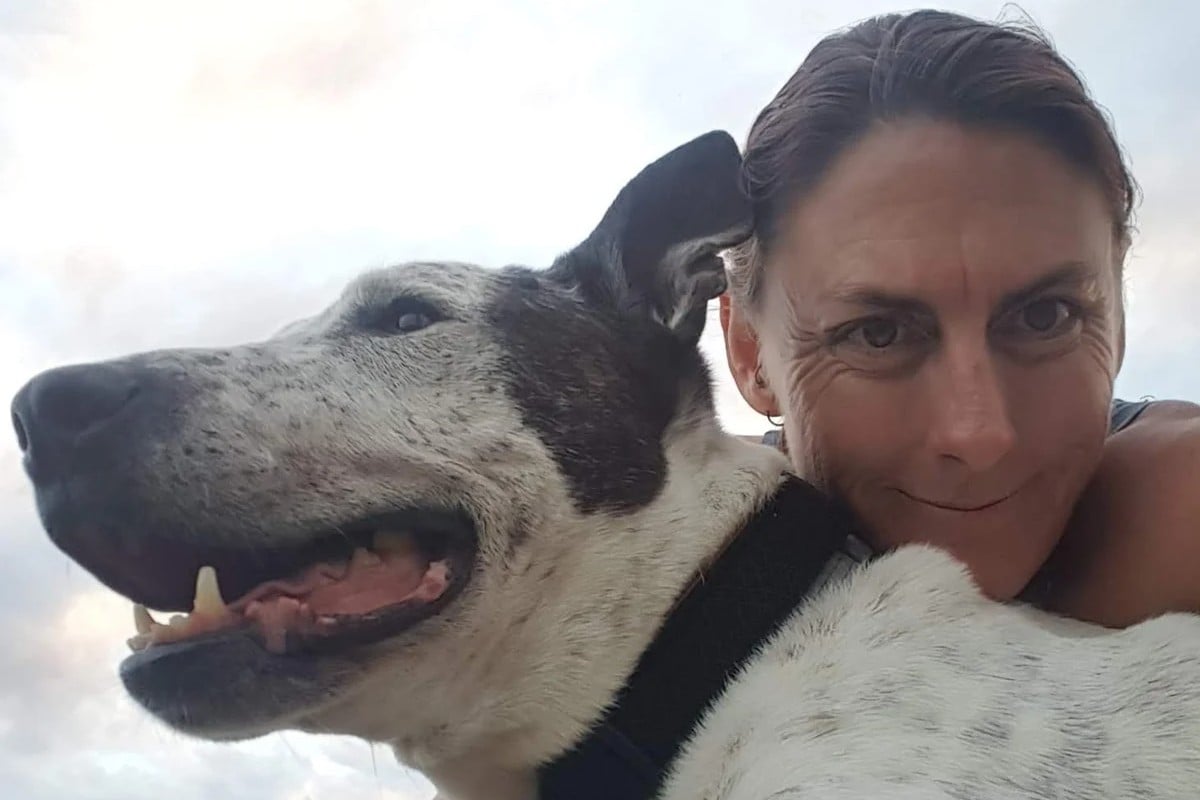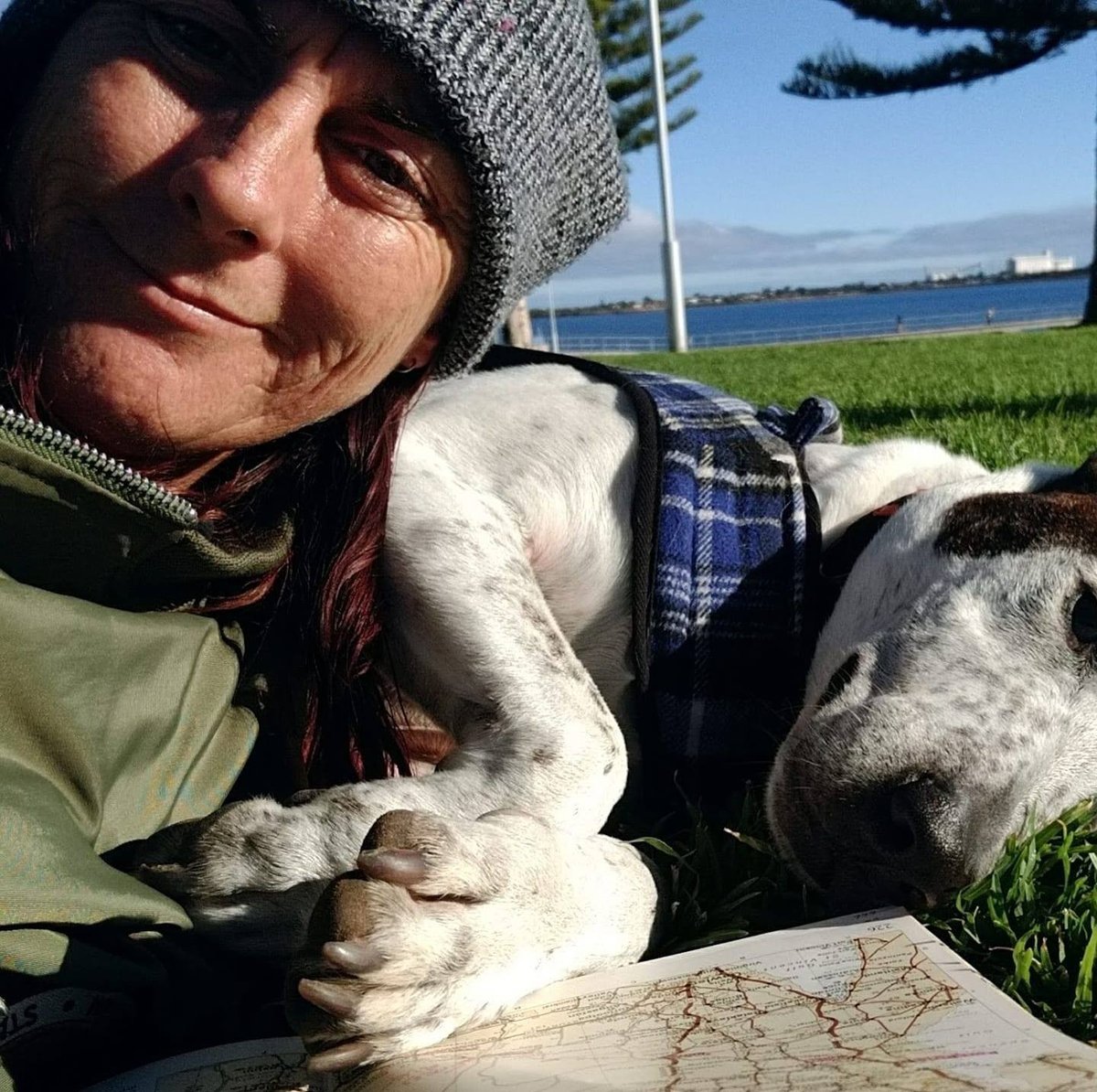
Bronnwyn O'Gorman would "light up the room with her loudness".
She was someone who "loved hard and lived hard".
But that life was taken away from her earlier this year when she was allegedly killed by a man known to her.
Mamamia understands her partner was allegedly behind the wheel of a car that struck Bronnwyn in Chidlow, 45km east of Perth, on April 7.
She suffered critical injuries and died in hospital on May 10. The 60-year-old alleged driver was charged with manslaughter.
Bronnwyn is not the "picture perfect" victim whose face will make the front pages of newspapers. Instead, she's one of the many who fall through the cracks, forgotten and not mourned.
Bronnywyn lived a difficult life. Her brother died in 2012 and she lost her parents soon after. She struggled with addiction and was estranged from her extended family on the East Coast.
Her final days in hospital were spent in a coma, alone.
The public trustee oversaw the requirements after her passing.
An old friend stepped in to organise a private funeral service after hearing about Bronnwyn's death on a social media post. But finding out what happened to her was no easy task.
Had she not intervened, Bronnwyn's body would have been unclaimed and been buried in a common grave.
"People fall off the map when this happens and it's not okay," the friend told Mamamia.





























































































